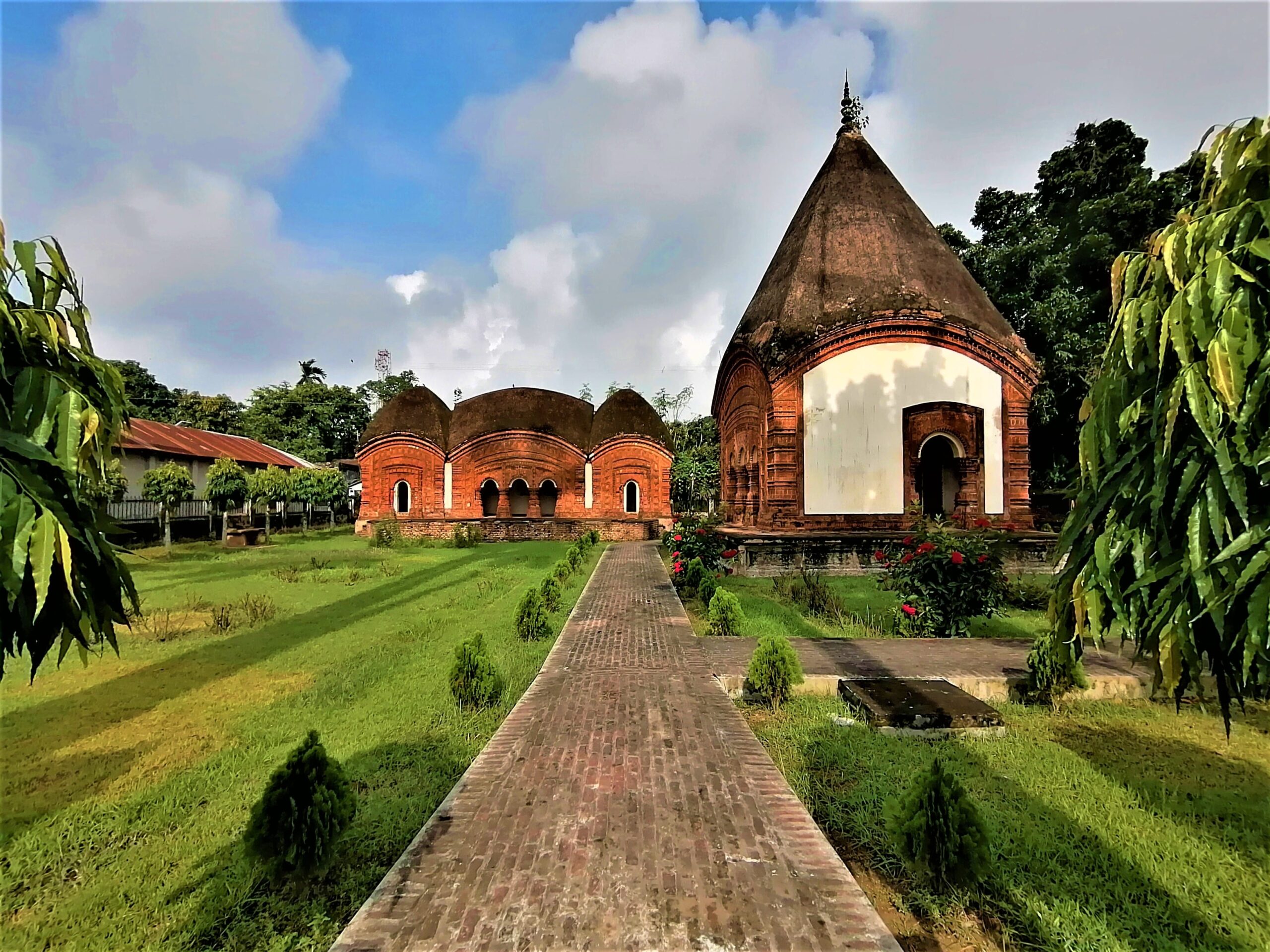Table of Contents
Tourism Through My eyes
Tourism refers to the activities and experiences of individuals traveling to and staying in places outside their usual environment for leisure, business, or other purposes for a limited period of time. It involves exploring destinations, enjoying attractions, engaging in recreational or cultural activities, and using hospitality services like hotels, restaurants, and transportation.

Why Tourism needs in human life
Tourism plays a vital role in human life for several reasons
- Cultural Understanding: Tourism exposes people to different cultures, traditions, languages, and ways of life. This fosters greater cultural understanding, tolerance, and appreciation for diversity, reducing stereotypes and encouraging global harmony.
- Personal Growth: Traveling allows individuals to step out of their comfort zones, meet new people, and experience different environments. This contributes to personal development by broadening perspectives, enhancing adaptability, and increasing problem-solving skills.
- Stress Relief and Recreation: Tourism offers an escape from daily routines and stress, allowing individuals to relax and rejuvenate. Whether it’s nature-based tourism, adventure activities, or wellness retreats, these experiences contribute to mental and emotional well-being.
- Economic Benefits: Tourism stimulates economic growth in the places visited. It creates jobs, supports local businesses, and generates income for governments through taxes. It can also help preserve local cultures and traditions by making them a focus of the tourism industry.
- Environmental Appreciation: Visiting natural sites helps raise awareness about the importance of conservation and environmental protection. Ecotourism, in particular, emphasizes the need for sustainable practices to preserve ecosystems and biodiversity.
- Social Connections: Tourism helps in building social networks, whether for leisure, education, or business. People make new friends, engage in meaningful exchanges, and sometimes form lifelong relationships while traveling.
- Learning Opportunities: Travel can be highly educational. Tourists often learn about history, geography, art, science, and more by visiting museums, historical landmarks, or engaging with local communities. This kind of experiential learning is unique and memorable.
- Spiritual Fulfillment: Many people travel for spiritual reasons, whether to visit sacred sites, meditate in tranquil environments, or reflect on life. Such experiences can provide a sense of peace and purpose.
Types of tourism
Tourism can be categorized into various types depending on the purpose of travel, the destination, and the experience sought by travelers. Here are the main types of tourism:
1. Leisure Tourism
Purpose: Relaxation, enjoyment, and recreation
Examples: Beach vacations, city tours, luxury cruises, amusement parks
Destinations: Resorts, tropical islands, theme parks, cities known for entertainment.
2. Cultural Tourism
Purpose: Exploring and experiencing different cultures, traditions, and lifestyles
Examples: Visiting historical landmarks, participating in local festivals, exploring indigenous cultures
Destinations: UNESCO World Heritage Sites, museums, historic cities like Rome, Kyoto, or Cairo.
3. Adventure Tourism
Purpose: Seeking thrill and excitement through physically challenging activities
Examples: Mountain climbing, white-water rafting, skydiving, trekking
Destinations: Mountain ranges (e.g., the Himalayas), jungles, deserts, and remote wilderness areas.
4. Ecotourism
Purpose: Environmentally responsible travel to natural areas, focusing on conservation and education
Examples: Wildlife safaris, jungle tours, bird watching, visiting national parks
Destinations: Rainforests (Amazon), coral reefs (Great Barrier Reef), national parks (Serengeti, Yellowstone).
5. Medical Tourism
Purpose: Traveling to receive medical treatment or health-related services
Examples: Surgeries, dental care, cosmetic procedures, wellness retreats
Destinations: Countries with specialized medical facilities (Thailand, Turkey, Singapore).
6. Business Tourism
Purpose: Travel for professional purposes, such as attending meetings, conferences, or exhibitions
Examples: Corporate travel, attending trade shows, seminars
Destinations: Major business hubs like New York, London, Dubai, or Tokyo.
7. Religious Tourism (Pilgrimage Tourism)
Purpose: Visiting religious sites and engaging in spiritual practices
Examples: Pilgrimages to Mecca, Jerusalem, the Vatican, or the Ganges River
Destinations: Religious landmarks and sacred cities, such as Lourdes, Varanasi, and Fatima.
8. Sports Tourism
Purpose: Travel to participate in or watch sporting events
Examples: Olympics, FIFA World Cup, Formula 1 races, marathons
Destinations: Host cities for major sporting events, like Tokyo, Paris, or Rio de Janeiro.
9. Educational Tourism
Purpose: Learning and gaining knowledge from experiences, courses, or programs
Examples: Study abroad programs, language courses, educational field trips
Destinations: Universities, cultural institutions, historical sites.
10. Gastronomy Tourism (Culinary Tourism)
Purpose: Exploring local food, culinary traditions, and beverages
Examples: Wine tours, food festivals, cooking classes
Destinations: Food-centric cities and regions like Tuscany, Bangkok, or Mexico City.
11. Rural Tourism
Purpose: Experiencing life in rural or countryside areas, often involving agricultural activities
Examples: Farm stays, rural homestays, agro-tourism
Destinations: Countryside regions, small villages, vineyards, or farms.
12. Wildlife Tourism
Purpose: Observing and experiencing wildlife in their natural habitats
Examples: Safari tours, whale watching, gorilla tracking
Destinations: National parks, wildlife sanctuaries, marine reserves (e.g., Kruger National Park, Galápagos Islands).
13. Dark Tourism
Purpose: Visiting sites associated with death, tragedy, or historical atrocities
Examples: Holocaust memorials, Chernobyl tours, battlefields
Destinations: Auschwitz, Ground Zero (9/11 Memorial), Hiroshima Peace Memorial.
14. Luxury Tourism
Purpose: Experiencing exclusive, high-end travel experiences with premium services
Examples: Staying in five-star hotels, private jets, yacht cruises
Destinations: Luxury destinations like the Maldives, French Riviera, or Aspen.
15. Space Tourism
Purpose: Travel beyond Earth, including outer space exploration
Examples: Commercial space flights, suborbital tours
Destinations: Currently developing industry, with companies like SpaceX and Blue Origin offering future travel.
wiki say’s: Tourism is travel for pleasure, and the commercial activity of providing and supporting such travel. UN Tourism defines tourism more generally, in terms which go “beyond the common perception of tourism as being limited to holiday activity only”, as people “travelling to and staying in places outside their usual environment for not more than one consecutive year for leisure and not less than 24 hours, business and other purposes”. Tourism can be domestic (within the traveller’s own country) or international, and international tourism has both incoming and outgoing implications on a country’s balance of payments.